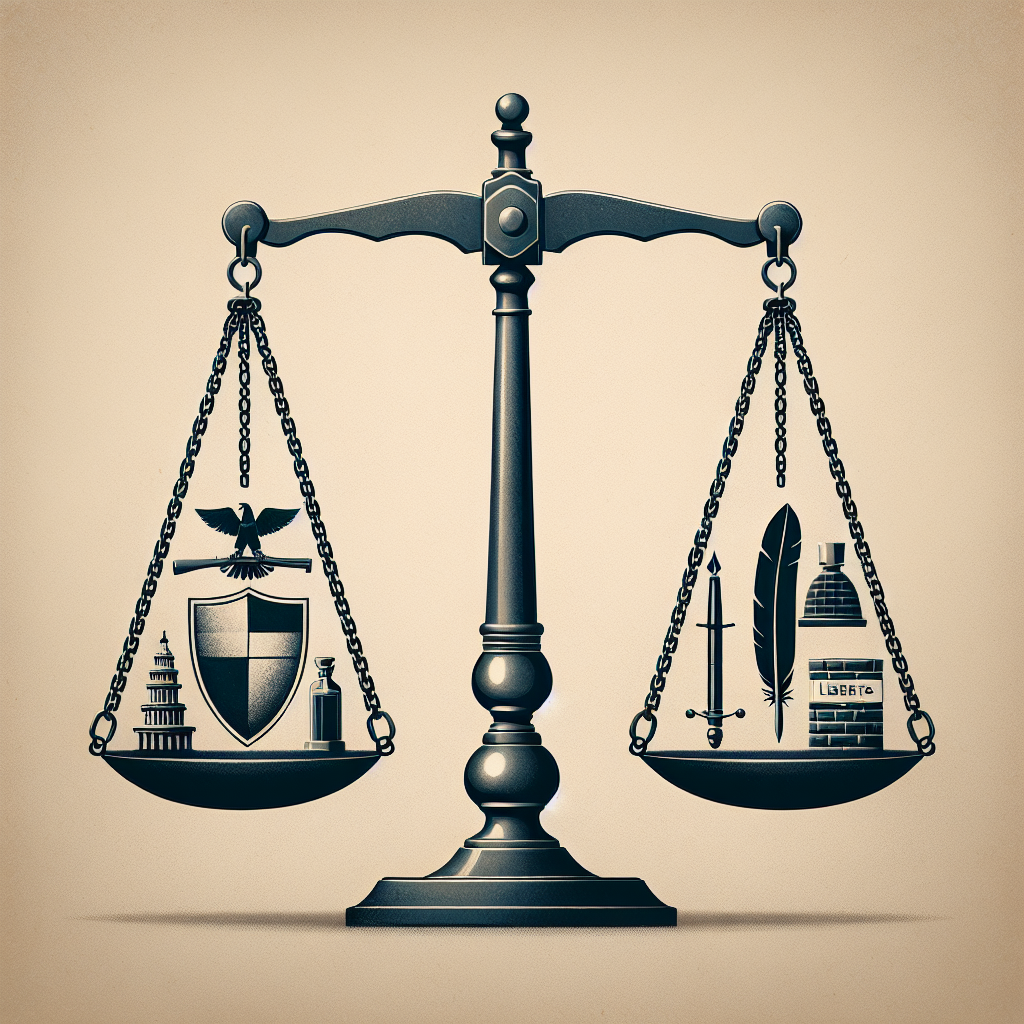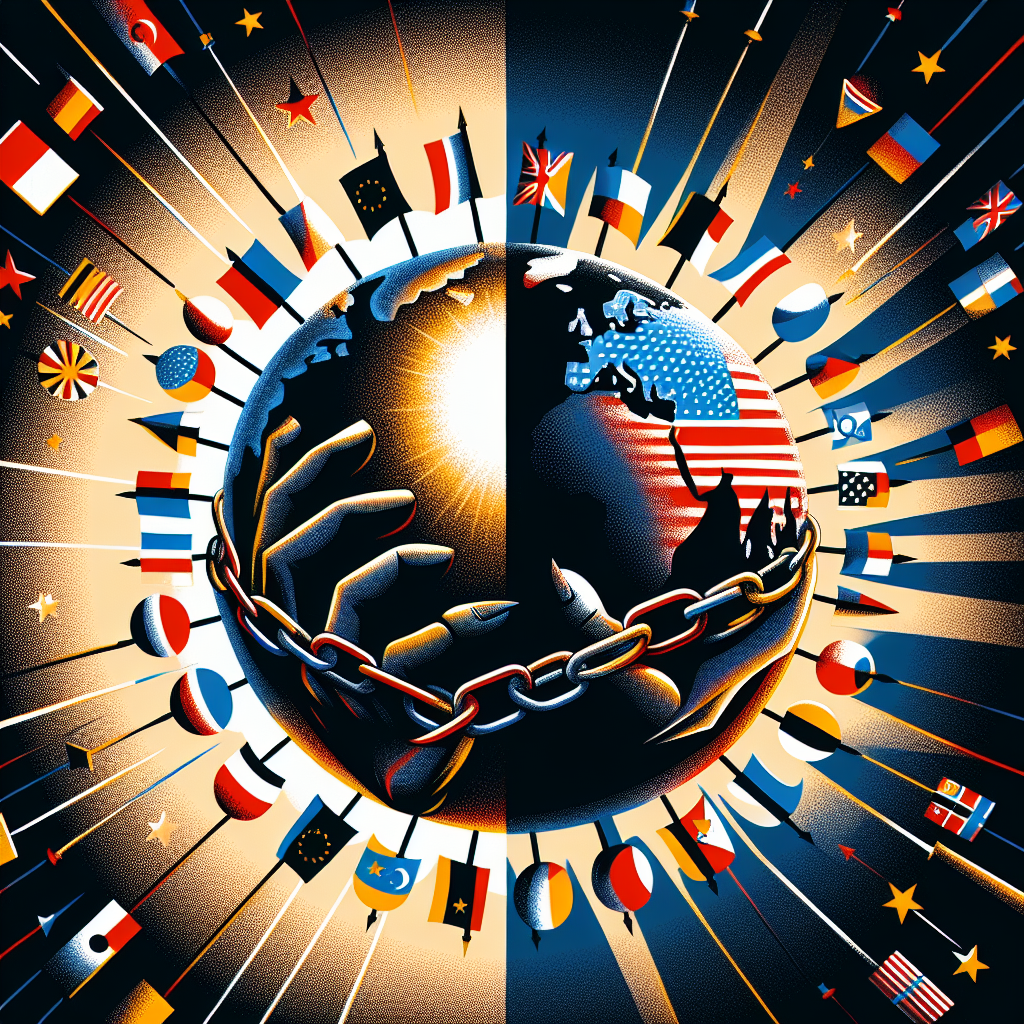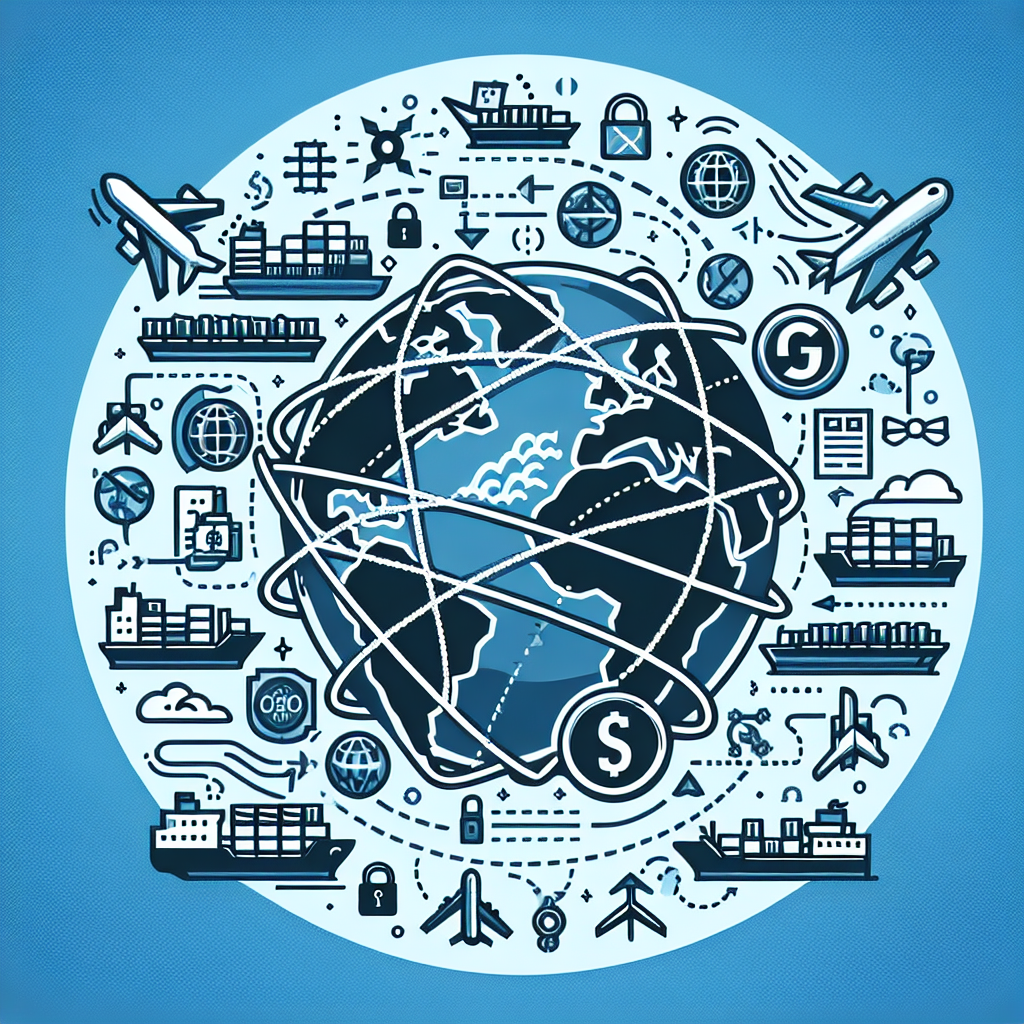
Balancing National Security and Civil Liberties in Government Policies
In the ever-evolving landscape of global threats and societal needs, policymakers grapple with the complex task of balancing national security and civil liberties. The urgency to protect citizens from external and internal threats often clashes with the fundamental rights and freedoms guaranteed to individuals. As we progress through 2025, this balancing act has become even more critical amidst the rise of technology, surveillance, and diverse threats, including cyberterrorism and domestic extremism. This article delves into the intricate dynamics between national security and civil liberties in government policies, offering insights into the ongoing debate and emphasizing the need for a nuanced approach.
The Historical Context of National Security and Civil Liberties
The historical interplay between national security and civil liberties in government policy can be traced back to foundational events in American history, such as the Alien and Sedition Acts of 1798 and the Espionage Act during World War I. These early legislative measures introduced a framework for restricting certain freedoms in the name of national security. As threats evolved, particularly during the Cold War and after the terrorist attacks of September 11, 2001, the U.S. government implemented policies such as the USA PATRIOT Act, which further curtailed civil liberties under the guise of protection.
In 2025, the repercussions of these historical policies resonate in contemporary debates surrounding the surveillance state, data privacy, and individual rights. With advancements in technology, including AI-driven surveillance and big data analytics, governments have unprecedented ability to monitor citizens in real-time. This surge in surveillance capabilities raises critical questions about the extent to which civil liberties can be compromised to ensure national security. As historians and legal scholars reflect on the past, they stress the importance of learning from historical missteps to foster a more equitable and just approach in today’s policies.
The Role of Technology in Government Surveillance
Technology has become a double-edged sword in the balancing act of national security and civil liberties. On one hand, advances in surveillance technology, such as facial recognition, drone surveillance, and social media monitoring, enhance a government’s ability to identify and prevent threats. The use of these technologies has led to increased efficiency in intelligence gathering, enabling law enforcement agencies to respond swiftly to potential dangers. Governments argue that these tools are essential for national defense, especially in a world where non-state actors and cyber threats are increasingly prominent.
On the contrary, the widespread use of surveillance technology raises serious ethical concerns regarding privacy and individual freedoms. Citizens face the risk of being monitored continuously, often without proper oversight or accountability. Privacy advocates argue that such invasive measures not only infringe upon civil liberties but can also lead to discriminatory practices, profiling, and the erosion of trust in government institutions. The challenge for policymakers is to navigate these competing interests in a manner that respects individual rights while ensuring the security of the nation.
The Legislative Framework Governing National Security and Civil Liberties
In 2025, numerous legislative frameworks govern the interaction between national security initiatives and civil liberties across the globe. In the United States, key pieces of legislation include the Foreign Intelligence Surveillance Act (FISA) and the USA PATRIOT Act. These laws establish the guidelines under which intelligence agencies can operate, often prioritizing national security to the detriment of civil liberties. Critics contend that the constraints these laws impose on civil liberties—such as warrantless surveillance and data collection—have only intensified in the face of emerging threats.
Internationally, various nations approach the balance between national security and civil liberties differently. For instance, European countries have adopted more stringent data protection laws, such as the General Data Protection Regulation (GDPR), which prioritize individual rights in the context of surveillance. However, even in regions with robust legal protections, the rise of terrorism and cyber threats has prompted governments to reassess their stances. This reflects a universal struggle: How do governments safeguard their people without compromising the fundamental rights and freedoms that define democratic societies?
In light of these complexities, ongoing legal challenges and reforms emerge as citizens and advocacy groups strive to hold governments accountable for overreach. The judicial system plays a pivotal role in addressing these conflicts, interpreting laws in ways that seek to balance security needs with the protection of civil liberties. As new threats arise, the judiciary often finds itself navigating uncharted legal territory—making its role more vital than ever.
Public Perception and Political Discourse
The balance between national security and civil liberties continuously navigates the volatile waters of public perception and political discourse. In 2025, several high-profile incidents have sparked debates, such as unauthorized data leaks and mismanagement of surveillance programs, which have fueled public distrust in government institutions. The media’s role in shaping public perception cannot be understated; sensationalized reporting often creates fear and anxiety, leading citizens to prioritize security over personal freedoms. This demand for heightened security can pressure policymakers to enact restrictive measures, further tipping the scale away from civil liberties.
Conversely, advocacy groups champion civil liberties by raising awareness and educating citizens about their rights. They argue that sacrificing freedoms in the name of security creates a slippery slope, where constant surveillance and erosion of rights become normalized. Movements advocating for transparency and accountability are increasingly organizing efforts to demand legislative reforms aimed at protecting civil liberties. The tensions between these ideological camps result in a dynamic political discourse characterized by activism, dissent, and dialogue; in 2025, these conversations are more relevant than ever, spurred by technological advancements and recent global events.
Furthermore, the role of social media has transformed how citizens engage in political discourse regarding national security and civil liberties. Platforms such as Twitter and Facebook have allowed for rapid dissemination of information and mobilization of grassroots movements. This has empowered citizens to voice their concerns directly to policymakers, influencing government actions. In this new landscape, the challenge lies in ensuring that online discourse contributes constructively to the dialogue while preventing polarization that can inhibit informed debate.
Finding the Equilibrium: Strategies for Policymakers
Achieving a sustainable balance between national security and civil liberties requires innovative strategies from policymakers. One potential approach is the implementation of oversight mechanisms designed to ensure accountability and transparency in surveillance practices. Establishing independent bodies to review surveillance programs can alleviate public concerns and instill trust in government agencies. By fostering a culture of accountability, these mechanisms can help reassure citizens that their rights are being respected even while security efforts continue unabated.
Additionally, as technology advances, robust laws and regulations should be developed and updated to reflect changing circumstances in both security and civil liberties. Policymakers must engage in continuous dialogue with various stakeholders, including civil liberties advocates, technologists, and law enforcement officials, to craft legislation that provides a comprehensive approach to the unique challenges of the modern era. Such collaborative efforts can facilitate the creation of frameworks that protect individuals’ rights while allowing for effective security measures.
Moreover, educating both government officials and citizens is vital for fostering an informed public discourse. Awareness campaigns that highlight the importance of civil liberties and the ramifications of extensive surveillance can empower citizens to advocate for their rights. Simultaneously, training and resources for law enforcement and intelligence agencies can promote a culture of respect for civil liberties while balancing their national security mandates. As we move forward in 2025, nurturing this educational ecosystem will play a pivotal role in achieving a more harmonious relationship between national security and civil liberties.
Conclusion
In conclusion, the ongoing challenge of balancing national security and civil liberties in government policies remains a pressing concern in 2025. Historical precedents, advancements in technology, evolving legislative frameworks, public sentiment, and the need for innovative policymaking strategies all shape the complexities of this issue. As governments navigate these challenges, it is essential for policymakers to foster transparency, accountability, and public engagement. By learning from past experiences and addressing these critical concerns head-on, societies can work toward a future where both national security and individual freedoms are respected and safeguarded.
FAQs
What is the meaning of balancing national security and civil liberties?
Balancing national security and civil liberties refers to the process of ensuring that government efforts to protect citizens from threats do not infringe upon individual rights and freedoms. This involves developing policies that prioritize both security and civil liberties in a way that respects the fundamental rights of citizens.
Why is it important to consider civil liberties in national security policies?
Considering civil liberties in national security policies is important to maintain the values of democracy and protect individual rights. When governments prioritize security over rights, it can lead to abuses of power, discrimination, and the erosion of trust between the citizenry and the state.
How has technology impacted the balance between national security and civil liberties?
Technology has significantly impacted the balance between national security and civil liberties by enabling more advanced surveillance capabilities. While these tools can help prevent threats, their use raises concerns about privacy and the potential for unlawful monitoring, necessitating careful regulation and oversight to protect citizens’ rights.
Democracy versus Autocracy: A Global Perspective
16. Dezember 2025The Impact of Sanctions on Global Trade Dynamics
16. Dezember 2025Geopolitical Tensions in the South China Sea
16. Dezember 2025
Leave a reply Antwort abbrechen
-
Tensions Rise as U.S.-China Relations Strain Over Taiwan
7. Dezember 2025 -
Olympic Sports: Speculated Athlete Transfers
21. November 2025 -
How MLB Teams Approach Free Agency and Trades
12. Dezember 2025




